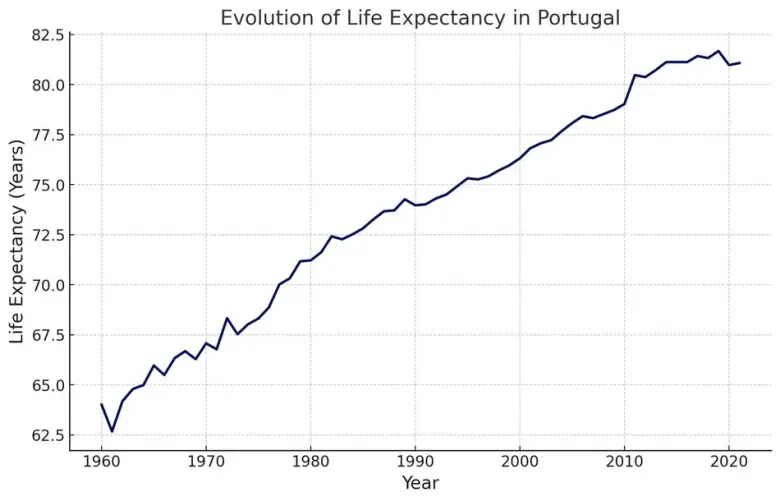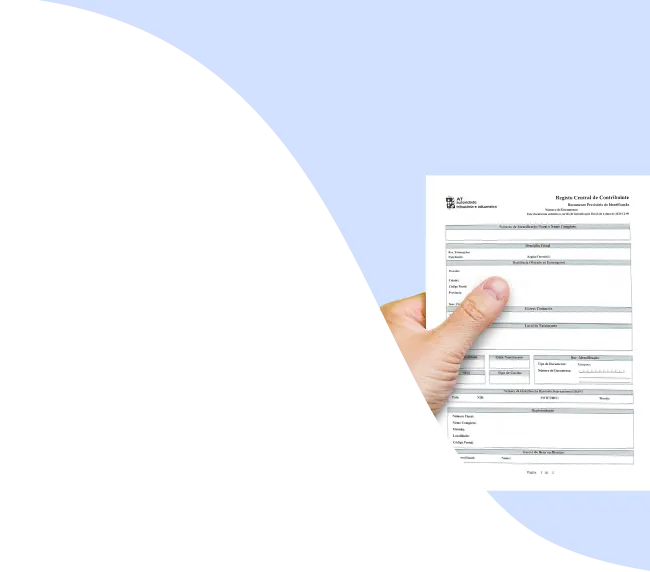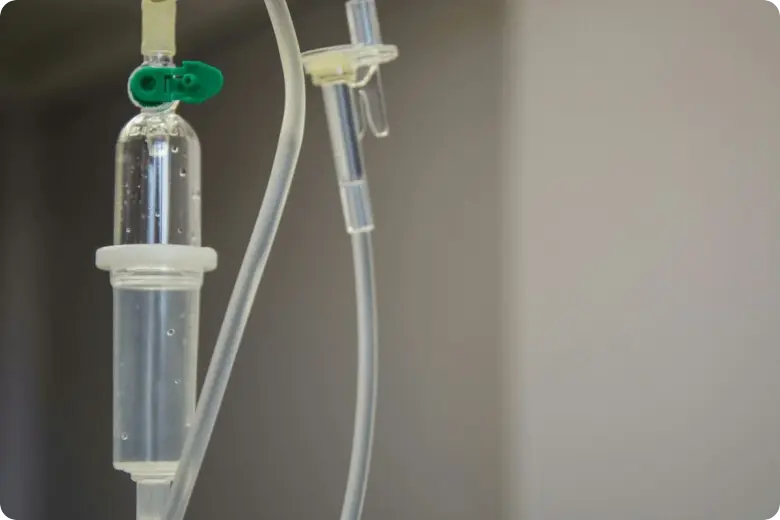How does the National Health Service (or SNS) work in Portugal?
Portugal's SNS (National Health Service) is under the supervision of the Ministry of Health, also known as the Ministério da Saúde in Portuguese. Portugal has an extensive tax-funded public healthcare system.
It's as simple as that: it's free and available to all residents, including expats who live in Portugal. The public healthcare system in Portugal offers coverage for both primary and secondary medical care.
Local and regional health centers and hospitals in the public healthcare system are responsible for administering basic national health coverage.
What are the costs of healthcare in Portugal?
Healthcare costs in Portugal depend mostly on whether you use the public system (SNS) or go private. Here’s the practical breakdown of medical costs, day to day:
Public healthcare (SNS): usually low-cost at the point of use
- The SNS is mainly funded through taxation, and most care is free or heavily subsidized for residents.
- Since 2022, the usual “user charges” (taxas moderadoras) were broadly removed. A key exception is hospital emergency care without prior referral (for example, arriving at A&E without being referred by SNS24 or a health centre), where a fee can still apply.
- Even with low fees, Portugal still has relatively high out-of-pocket spending as a share of total health spending (often driven by dental, outpatient private visits, and medicines).
Private healthcare: you typically pay per appointment (or via insurance coverage)
- Prices vary by city, specialty, and hospital group, but private providers publish ranges that give you a realistic reference point.
Example (CUF price table, updated for 2026):
- Consultations listed broadly in the €35-€95 range (depending on the type of consultation).
- General emergency (urgência geral) listed at €78.
In practice, private care is still considered affordable versus many countries, but it can add up quickly without insurance coverage.
- Prescription medicines and other common out-of-pocket items
- Pharmaceuticals commonly involve cost-sharing, even after the abolition of many flat user charges.
- Adult dental and optical care are often the biggest “surprise” line items, because they’re frequently accessed privately or paid out of pocket.
What expats and visitors should budget
- If you’re a resident registered in SNS: plan for low routine costs (and some medication cost-sharing), plus occasional fees if you use hospital emergency care without referral.
- If you’re not yet registered / short-term: assume you’ll rely on private providers and/or travel insurance for most medical care, so your costs will look more like private price tables.
How is the SNS funded in Portugal?
In Portugal, the government funds medical care through taxes and contributions from people's salaries (Social Security discounts). However, people who do not have a job, family members who rely on others for support, and retired individuals do not contribute.
What services are offered by the Portuguese public healthcare?
In Portugal, public hospitals offer a range of health services to patients. These services include emergency treatment, outpatient treatment, nursing care, psychiatric care, specialized care for individuals with terminal illnesses, post-operative care, and maternity care.
Public healthcare also offers co-participation in prescription medicine, with varied ranks ranging from 15% to 90%.
What are the costs in the Portuguese public healthcare?
In Portugal, the government provides healthcare services that are free of charge and available to all citizens and legal residents. You can access these services at any public health center or public hospital. However, it's important to note that not all health centers offer public coverage.
Residents of Portugal no longer have to pay for doctor or specialist visits, hospital treatment, or prescriptions. In only two specific cases, medical care is not free:
- If you need emergency services, it is important to first seek a recommendation from the SNS through a health center, a family doctor, or over the phone.
- If you need emergency services but don't need to be hospitalized afterwards.
In Portugal, the national health system offers free healthcare to children under 18 and individuals who are 65 years old or older. For everyone else, state healthcare offers medical costs at a reduced price. During exams, the cost will not exceed €40.
How do Portuguese health centers work?
A variety of healthcare professionals staff health centers in Portugal, which typically operate from 8:00 a.m. to 8:00 p.m.
You can find a variety of medical services, including general doctors, maternity and childcare services, basic non-life-threatening emergency care, and occasionally dental services.
You can visit the SNS website to find out where your local health center is in Portugal.
How to access healthcare as a resident in Portugal?
To start accessing healthcare as a legal resident, the key step is registering with Portugal’s national health service (SNS Portugal) so you can use public healthcare services like a local “centro de saúde” (primary care clinic) and, when needed, hospital specialty care.
How to access healthcare as an expat resident in Portugal (step by step)
1) Make sure your residence status is valid
- If you hold a valid residence permit (título/autorização de residência), you can obtain an SNS user number (“Número de Utente”).
2) Register at the health center in your area (Centro de Saúde / ACES)
- You should go to the Centro de Saúde that serves your address (your local ACES grouping) and ask to enroll.
3) Request your “Número de Utente”
- This is the identifier you’ll use across the Healthcare System in Portugal for appointments, referrals, prescriptions, and exams.
4) Use primary care first, then get referrals if needed
- In Portugal Health Care, most specialty consultations in hospitals are accessed through referral from your Centro de Saúde/GP (“médico de família”), when available.
5) For guidance before you go, contact SNS 24
- If you’re unsure where to go (or whether you need urgent care), you can contact SNS24 at 808 24 24 24; for emergencies, call 112.









































